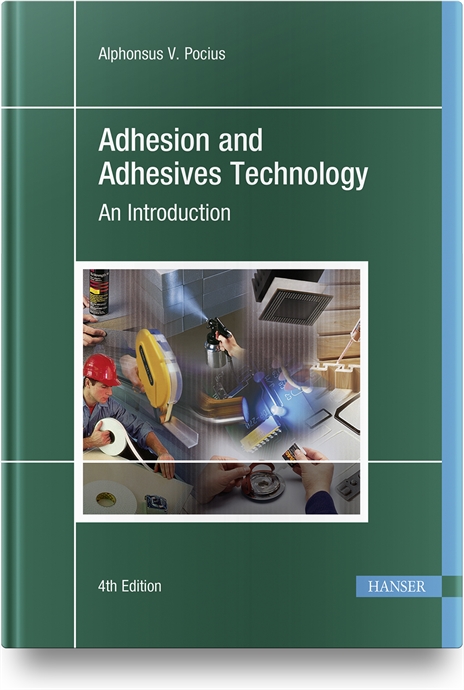One of the hallmarks of the modern world is that technology marches ever onward. Every day, new products are created that we didn't know we needed until they hit the market. Then we find them indispensable, like the cell phone and Apple Computer's outstandingly popular iPod digital music player.
New technologies often debut promising to push their obsolete predecessors aside over night. However, some technologies that were consigned to the dustbin of history years ago not only refuse to die; in some cases they thrive and prosper. Eric Scigliano recently examined ten of these technologies, and why they refuse to die, in Technology Review, MIT's magazine of innovation. Analog watches, for example, are pathetic one-trick ponies compared with digital watches; all they do is display the time. But they do it elegantly and intuitively, and sales of high-end mechanical analog watches have grown dramatically in recent years. Fax machines, with their paper jams and busy signals, ought to have been supplanted by e-mail and scanners long since. Yet, American consumers bought more than 2 million fax machines in 2002.
Vacuum tubes and reel-to-reel tape supposedly joined the dinosaurs in the 1970s and 1960s, respectively, says Scigliano. Audiophiles, however, have been largely responsible for sustaining both. Transistors may be compact and energy-efficient but, according to the cognoscenti, they just don't sound good. Low-distortion transistor sound looks lovely on an oscilloscope, but what we measure and what we hear aren't the same. Vacuum tubes sound more human, more lifelike, according to Victor Tiscareno, vice president of engineering at Red Rose Music (New York).
Reel-to-reel tape was still going strong a year ago, when Scigliano reported that some recording engineers still swear by tape, claiming that it captures nuances of sound that digital recorders can't-just as ardent audiophiles still swear by vinyl records played on laser turntables. However, Quantegy Inc., which may be the last company in the world still manufacturing high-quality audio tape, shut down its tape plant at the end of 2004, according to The Wall Street Journal. The company filed for Chapter 11 bankruptcy protection and plans to restructure, but its future is uncertain inasmuch as demand is dwindling for its tape. This has left users from audiophiles to NASA in the lurch.
The kindest thing to say about the Luddites might be just that they were seriously misguided. But there are those who are diametrically opposed to the Luddites: those who sincerely believe that any technology developed further back than last month is obsolete and must be immediately replaced with today's technology du jour. A word of caution might be in order: Be careful what you ask for. As in the impending demise of high-quality audio tape, you might get it.



